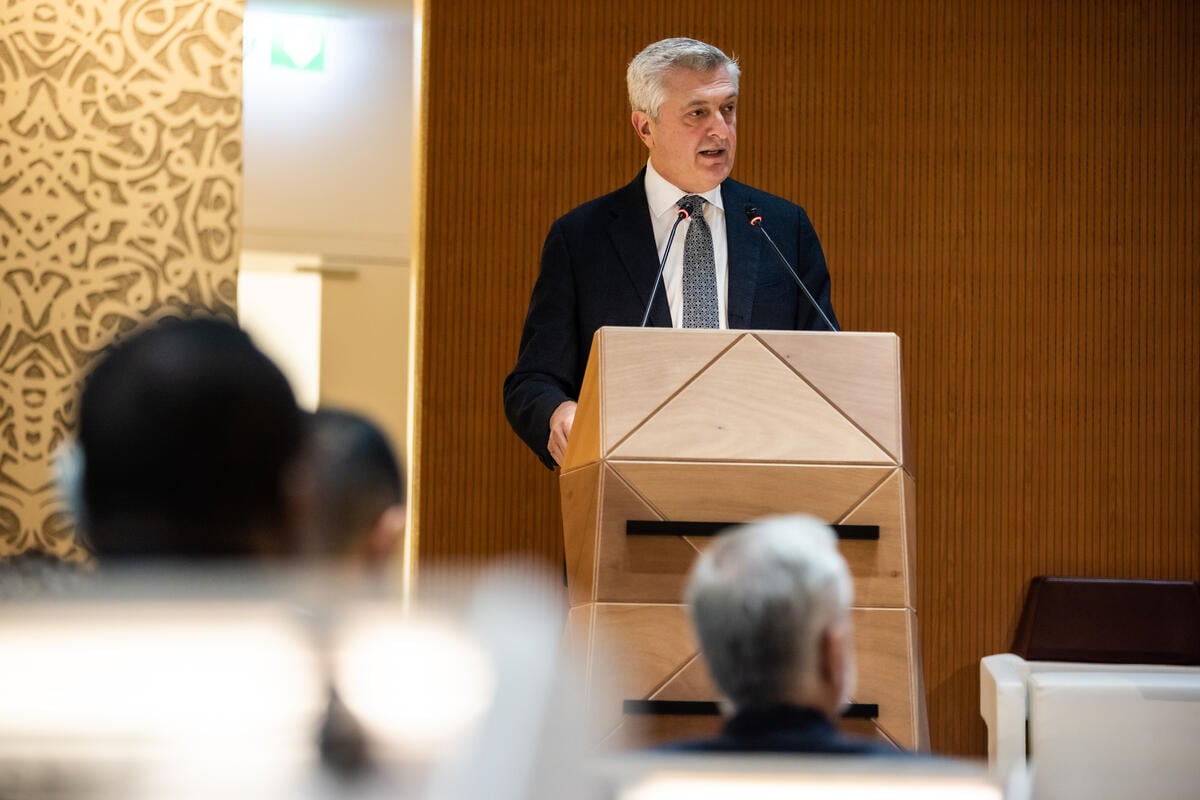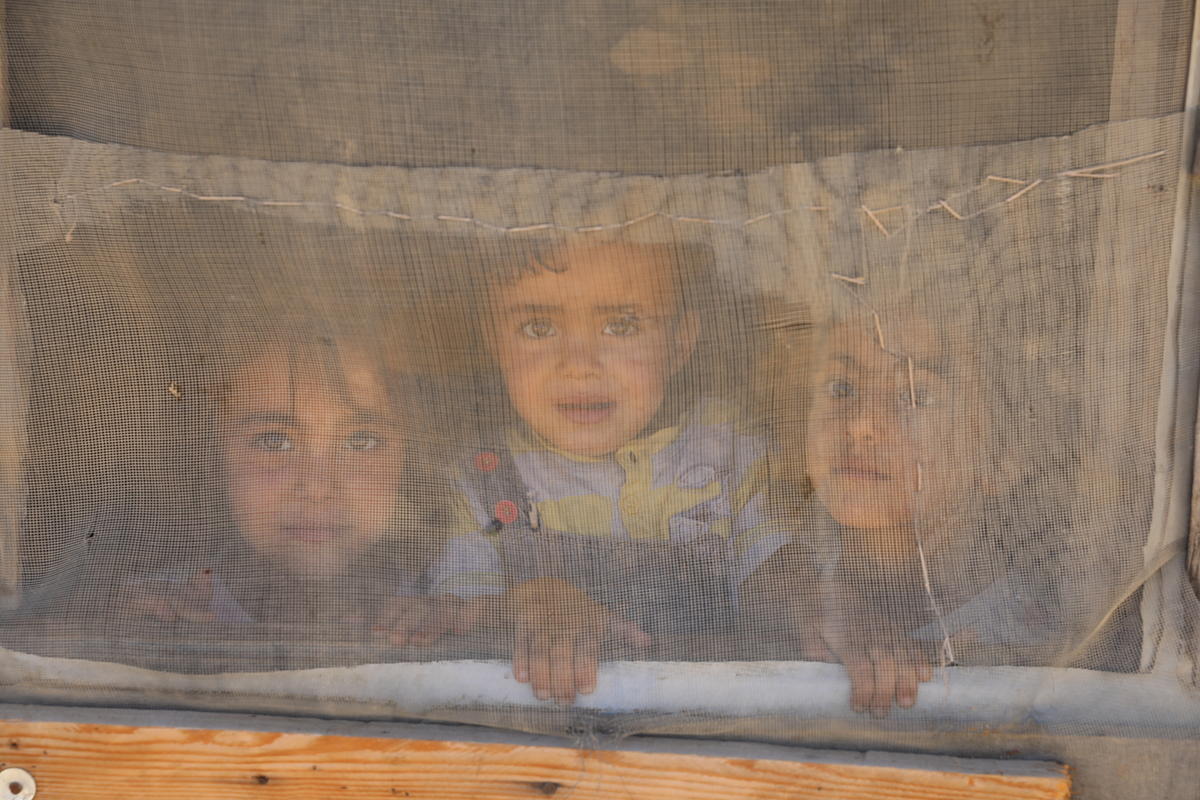UNHCR warns of looming humanitarian crisis in South Sudan, amidst ongoing fighting and coronavirus threat
UNHCR, the UN Refugee Agency, is warning today of the potentially devastating impact of a COVID-19 outbreak in South Sudan. Years of conflict and a number of recent natural disasters have left many internally displaced people, refugees and host communities throughout the country struggling to meet their basic needs and now particularly vulnerable to the threat of COVID-19.
“Years of violence have severely damaged South Sudan’s health services,” said Raouf Mazou, UNHCR Assistant High Commissioner for Operations. “After last year’s floods and the recent locust swarm, people are struggling. Together with the threat of COVID-19, this is a perfect storm that may lead to potentially terrible consequences for millions of people living in already precarious situations, if the virus rapidly spreads.”
To date, there have been 35 confirmed cases of coronavirus in South Sudan. Many of the 1.7 million internally displaced people in the country are living in crowded, collective sites where they face poor sanitary conditions and limited or no access to health facilities.
Many of the country’s health facilities have been damaged or destroyed during years of fighting. Those remaining lack sufficient medicines, qualified health professionals and medical equipment.
UNHCR and its partners continues to work closely with South Sudanese authorities to ensure forcibly displaced populations are included in the country’s national COVID-19 preparedness and response plan. We have constructed five emergency treatment centres to support this effort, with five more set to be built in the coming weeks. COVID-19 prevention, awareness and control efforts are being put in place in all camps. Refugees and IDPs have been given extra rations of soap and additional buckets to help maintain hygiene. Outreach campaigns to spread awareness about COVID-19 prevention and treatment are ongoing.
However, ongoing inter-communal clashes, together with measures intended to limit the spread of coronavirus, such as restrictions on movement and goods, are creating signficiant challenges for humanitarian organisations to provide much-needed protection and aid to affected populations.
Fighting has left many people struggling to survive. A large proportion of the country’s rural population rely on their livestock and farms, which are often killed or damaged during the clashes, as their major source of income. This is worsening already dire levels of poverty, with many people having no access to social safety nets, at a time when the economic impact of COVID-19 is increasing.
UNHCR echoes the appeal of the UN Secretary-General António Guterres for a global ceasefire. Warring parties in South Sudan must immediately cease hostilities, now, in these unprecedented circumstances, more than ever, to ensure people are able to access life-saving assistance. The good progress made following the 2018 Peace Deal must not stall. Momentum must continue on the pace and implementation of the agreement at this critical juncture in the country’s history.
Further support to UNHCR and other humanitarian organisations from the international community is urgently needed. Severe underfunding continues to hamper our efforts to save lives. However, support to the COVID-19 response must not come at the price of neglecting pre-existing humanitarian needs.
Note for editors:
Relevant broadcast-quality footage is available for download on UNHCR's content platform Refugees Media.
UNHCR has issued an emergency appeal for US$255 million to provide support to forcibly displaced populations around the world with COVID-19 preparedness and treatment. At the same time, UNHCR has received 11 per cent of the US$179 million needed as part of our appeal to meet the pre-existing humanitarian needs of people inside South Sudan.
South Sudan is currently host to some 1.7 million internally displaced people, as well as nearly 300,000 refugees who have fled to the country from countries including Sudan, the Democratic Republic of the Congo, the Central African Republic and Ethiopia. Around 260,000 South Sudanese have also spontaneously returned to the country in the last few years after previously seeking safety in neighbouring countries.
For more information, please contact:
- Covering South Sudan from Rome, Giulia Rafaelli, [email protected], +39 348 7288351
- In Juba, Vi Tran, [email protected], +211 92 998 6365
- In Nairobi, Dana Hughes, [email protected], +254 733 440 536
- In Geneva, Charlie Yaxley, [email protected], +41 795 808 702
- In Geneva, Babar Baloch, [email protected], +41 79 513 9549










